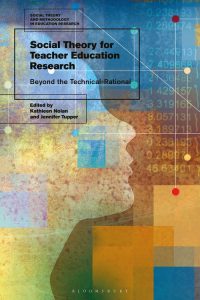
Chapter: Centring imagination in teacher education
The chapter offers reflections on how imagination can be nurtured in the practice of teacher education.
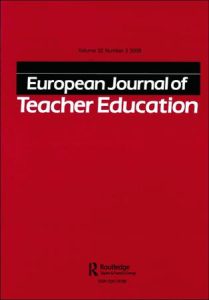
Article: Partnership in learning
This paper outlines two distinct staff-student collaborations and how such a partnership may innovate teaching practices.
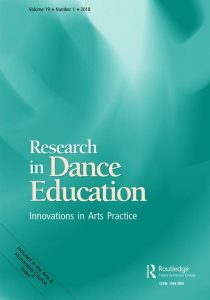
Article: Creative and embodied methods to teach reflections
This article describes a project at the Rambert School of Dance that introduced the use of creative methods for teaching reflection and reflective practice.
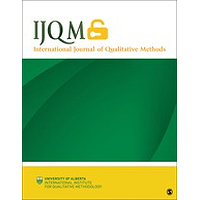
Article: My challenge of developing a creative research methods network
This article is an invited editorial in the Diverse Voice Series of the journal. The editorial outlines the difficulty of building a network of like-minded researchers when engaging in arts-based approaches.
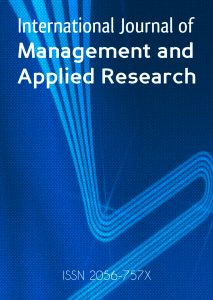
Article: Using LEGO® to understand emotion work
This paper presents how LEGO® can be used in workshops to explore doctoral students’ emotions around the complex and solitary experience of a PhD research.
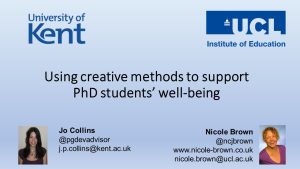
Using creative methods to support well-being amongst PhD students
This workshop provides attendees with reflective tools to help PhD students understand their innermost emotions, concerns and needs, which is a first step towards developing strategies for well-being.

Article: Partnership in teacher education
This article is an example of student-staff collaboration within the community of practice of trainee teachers.
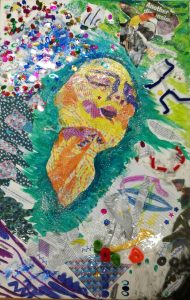
A conversation about creative and art-based methods in research
This entry shows the edited outcome of a video-recorded conversation regarding the use of creative and art-based methods in research.

Creative methods – messy data?
This is to stimulate a discussion around boundaries of research, ethics and ownership of "messy data" resulting from creative methods.
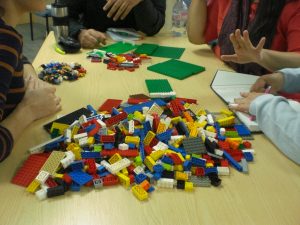
Presentation from the HEA Annual conference
This is my contribution to the HEA annual conference that was held in Manchester in July 2017.
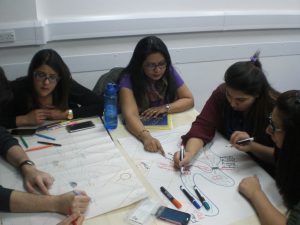
Presentation from UCL Conference
This is my contribution to the international conference "Connecting Higher Education" held at UCL Institute of Education in collaboration with McMaster University, Canada and University of Adelaide, Australia.
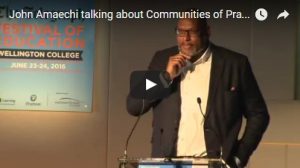
What are “communities of practice”?
Thoughts on what constitutes and characterises communities of practice and what is required to make communities of practice efficient and effective.

Using creative methods to reflect
Producing reflections can be a creative process if we allow for more creative methods, such as Lego models.
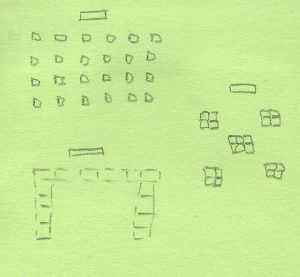
Classroom management
The classroom is a place where learning happens and should be encouraged, therefore classroom management relates to the strategies a teacher can use to organise students' learning. According to Garrett (2015) classroom management can be considered in five categories: behavioural management and discipline, the layout of a classroom, rules and routines, the relevance of relationships and the importance of instruction. Good classroom management is proactive and about the students' learning.
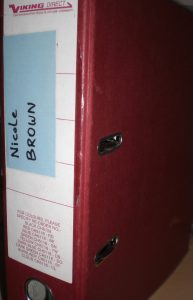
Professional development portfolios
Many teacher training sessions and professional development courses nowadays link to or culminate in the compilation of portfolios. Portfolios are evidences and resources that are gathered and annotated systematically to provide an overview of the teachers' achievements, career events and areas for development. The process of gathering information for the portfolios is an opportunity to take a step back from everyday work to reposition yourself and reconsider your values, your development and your learning. Here is some help for developing portfolios.
Which kind of teacher are you?
The result of a wide-ranging study provides an insight into the kind of teacher you may be. According to the findings there are four major types of teachers: the idealist, the moderate, the practitioner and the rationalist.